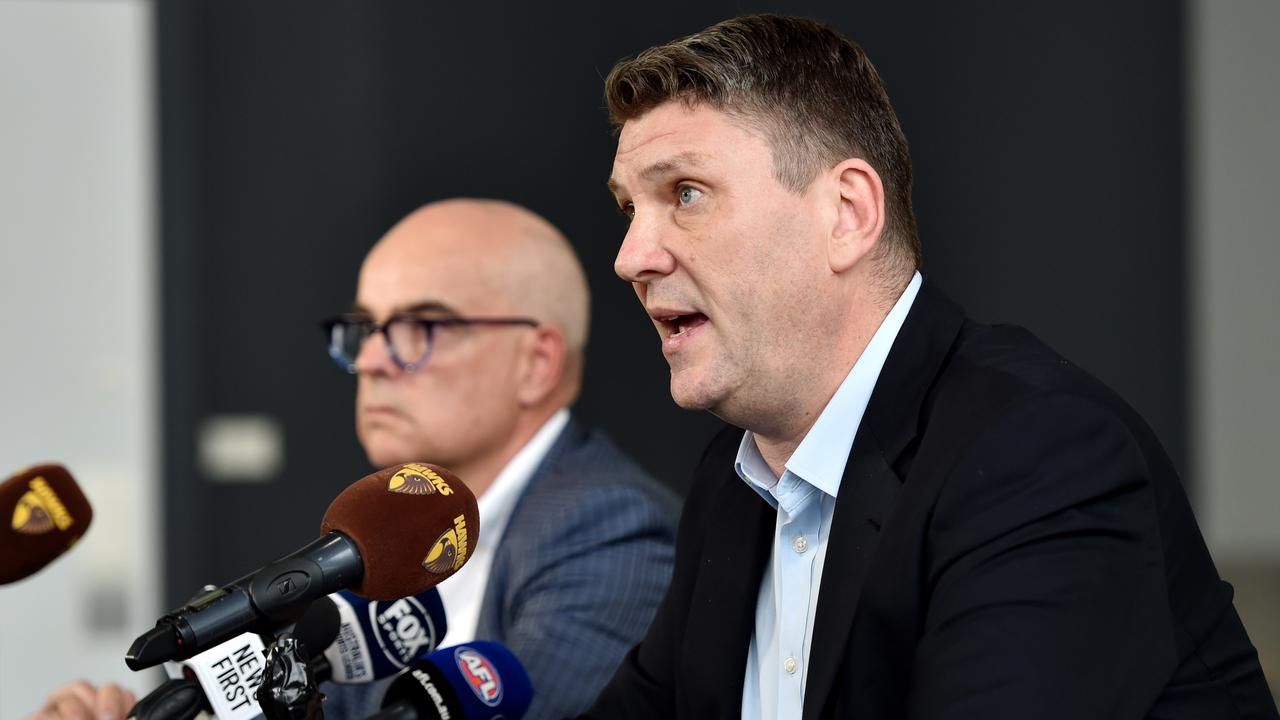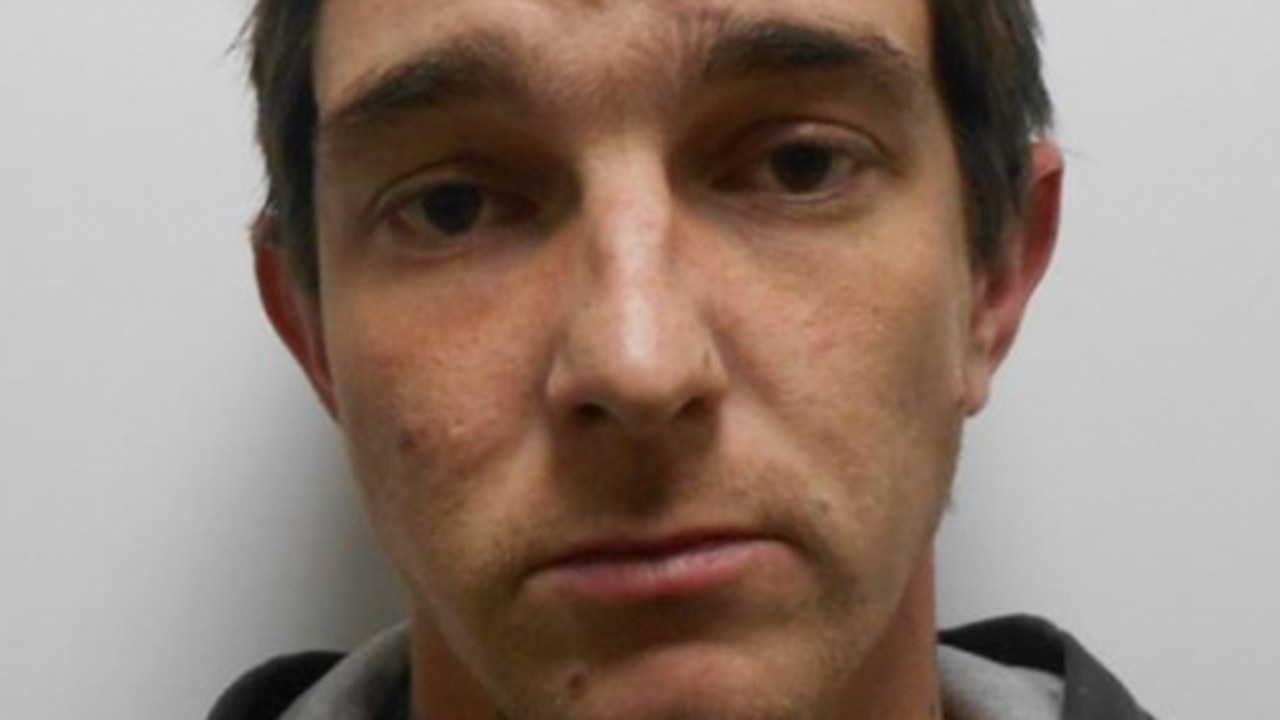Uber, Deliveroo hit back at suggestion low rates of pay linked to unsafe road practices
Uber claims its food delivery drivers are paid a much bigger wage than what’s been claimed because workers do one thing.
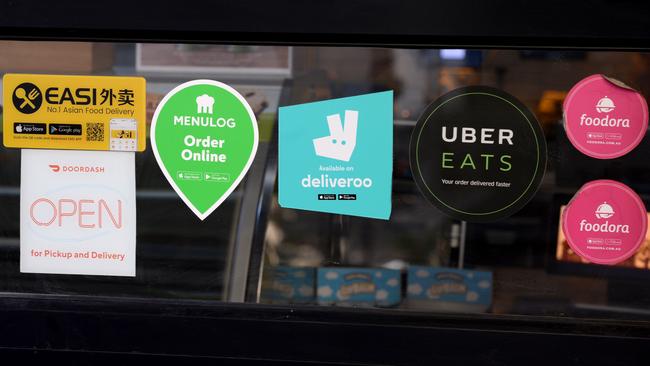
NewsWire
Don't miss out on the headlines from NewsWire. Followed categories will be added to My News.
Uber and Deliveroo have hit back at claims their apps were “incentivising unsafe practices” and that there was a link between their rates of pay and road safety.
In 2020, five food delivery workers died within the space of two months in NSW, culminating in a demand for improved state and federal safety measures.
Fronting the joint select committee on road safety on Wednesday, both Uber and Deliveroo faced a grilling by Senator Tony Sheldon, who quoted academic findings that low rates of pay could be linked to road accidents.
Senator Sheldon first quoted a Transport Workers Union survey which looked at 200 riders, finding the average hourly rate of pay was between $10-$15.
In addition, he said the International Labour Organisation had performed an “extensive review” of literature that linked payment and safety, and questioned whether delivery drivers were so desperate to make enough money to live, they were engaging in unsafe road behaviours, which could culminate in accidents, injury and death.
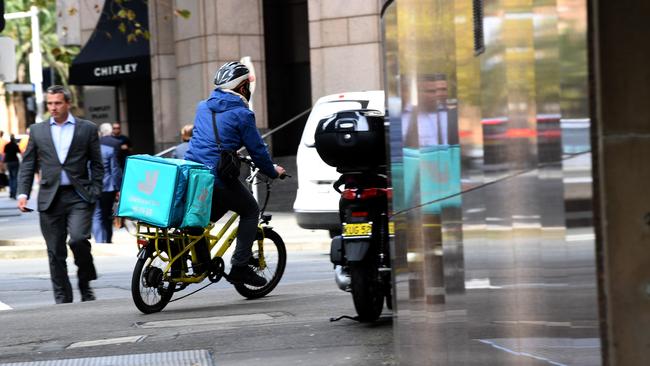
Ed McManus, CEO of Deliveroo Australia, said the company’s own data showed drivers were actually making more than $23 an hour, and that he didn’t agree there was a link between earnings and safety.
“We always encourage riders to put safety first; we don’t put pressure on riders to deliver in a certain time,” Mr McManus said.
“We believe riders earn an amount that is attractive, the numbers would suggest that … I don’t think this is an industry that people are coming into, in some way might be described as lower earnings and therefore (are) somehow under pressure to do their deliveries quickly in a manner that’s unsafe, which I think is basically the implication you’re drawing.
“I disagree with that implication. (And), I respectfully say I can’t comment on the research specifically because I haven’t seen it.”
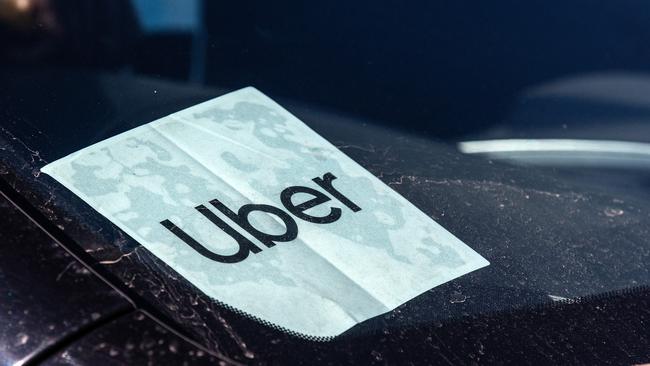
Senator Sheldon said it was “quite disturbing” Mr McManus hadn’t seen the report he was quoting, and asked whether he agreed on a base level that sharing data on riders earnings with a federal regulator would be helpful in addressing road safety issues.
Mr McManus said safety was a complex area, and that he did not agree there was a direct link between the two.
“I’ve not seen your studies, but just because an academic says something, doesn’t mean it’s true,” he said.
Mr McManus also made the point that most drivers/riders who were using Deliveroo were also using other apps, like Uber Eats, Door Dash and Menulog, and due to the nature of the gig economy, had the flexibility to choose which jobs they performed. He said he knew anecdotally that drivers/riders could do deliveries for multiple platforms at one time, thus increasing their hourly rates of pay.
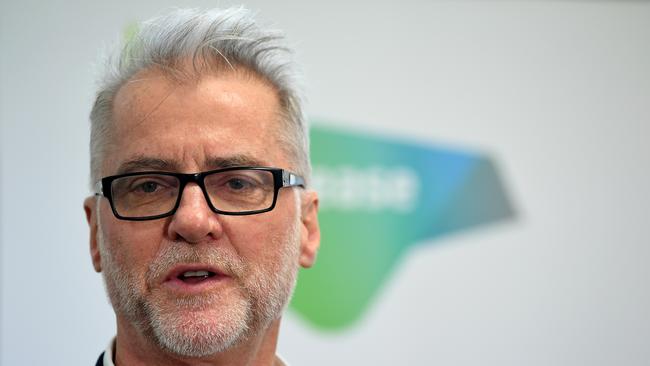
Senator Sheldon asked Uber’s general manager of mobility, Dominic Taylor, about hundreds of incidents reporter to NSW transport authorities within 18 months.
He quizzed the Uber executive about whether the company had similar data available for other jurisdictions.
Mr Taylor said he did not have the data available and would take the question on notice.
Senator Sheldon described his response as “quite disturbing”.
“We’re doing an inquiry into road safety and you’re unable to tell us what the actual incidents are in the various states and territories,” he said.
The figures requested would need to be drawn from two different data sets - one on reportable incidents in other states, and another on road safety incidents.
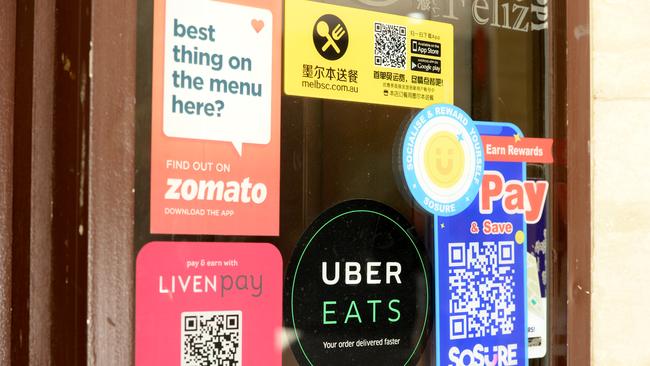
Uber’s fatigue management system also came under fire, with Senator Sheldon quoting a finding that despite Uber supposedly booting drivers off the app after working 12 hours, 37 per cent of NSW rivers worked shifts exceeding that limit.
Mr Taylor said users could work 12 cumulative hours, provided there was an eight-hour break before their next shift, and that Uber “didn’t track what drivers are doing when they’re not online”.
“We want to work with the various regulators and would call on the government to continually educate drivers on fatigue management,” he said.
Both Uber and Deliveroo faced questions about whether drivers and riders should be using the apps while moving, which both companies said they had no tolerance for.
Uber Eats general manager Matt Deuman said the company was looking at whether it was possible to alert drivers when they were doing anything unsafe.
Mr McManus said Deliveroo makes its riders and drivers agree to comply with the road rules as part of their onboarding.
Both Uber and Deliveroo accepted there was more they could do to ensure their drivers and riders were safer on the roads.
Originally published as Uber, Deliveroo hit back at suggestion low rates of pay linked to unsafe road practices

